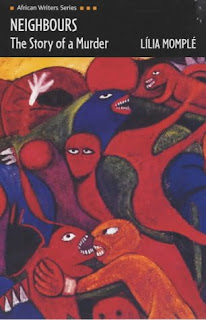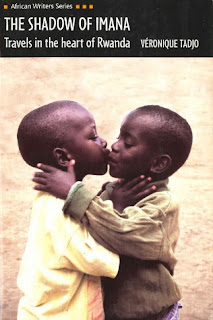January in Review, Projections for February

My reading in January was aimed at fulfilling the Africa Reading Challenge , which is aimed at reading books from other African countries other than Nigeria, Ghana, and South Africa. In all I read eight books (or nine, counting the last book I read in December 2010, which was reviewed in January 2011). The countries I have read from are: Mozambique (Mia Couto's Voices Made Night and Lilia Momple's Neighbours: The Story of a Murder ) Egypt (Alifa Rifaat's Distant View of a Minaret ) Angola (Pepetela's The Return of the Water Spirit ) Cote d'Ivoire (Veronique Tadjo's The Shadow of Imana ) Malawi (Jack Mapanje's The Chattering Wagtails of Mikuyu Prison ) Zimbabwe (Tsitsi Dangarembga's Nervous Conditions ) South Africa/Botswana (Bessie Head's A Woman Alone - yet to be reviewed) Lesotho (Thomas Mofolo's Chaka , currently reading) Jude the Obscure by Thomas Hardy (not on any challenge) Map of Africa This trend would continue. However, I







